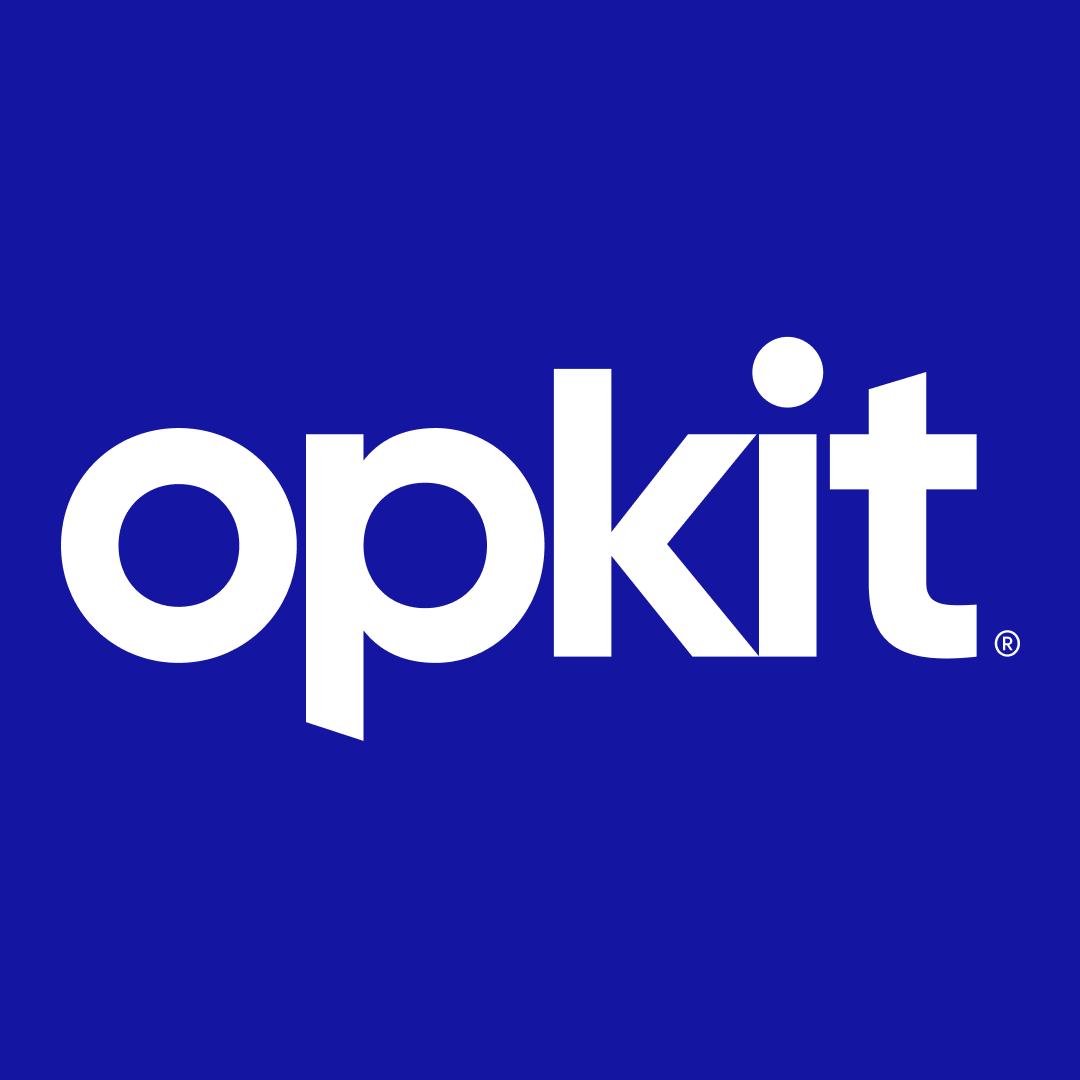
What You Should Know:
– Opkit, a generative AI call center for the healthcare industry, announces its HIPAA-compliant, AI-powered software platform that automates back office phone calls for medical clinics.
– The platform manages outbound calls to payers for insurance verification, claims, and prior authorization, as well as calls to pharmacies for prescription checks, and calls to collect medical records. Opkit’s AI solution is supported by a human-in-the-loop to monitor performance, handle edge-cases, and facilitate further AI training.
Streamlining Healthcare Communications with Opkit’s AI-Powered Platform
Opkit, a healthcare software company backed by top investors, including Y Combinator, offers a HIPAA-compliant, AI-powered platform designed to automate back-office phone calls for medical clinics. The platform effectively handles tasks such as insurance verifications, prescription checks, and requests for medical records, significantly reducing administrative burdens on clinic staff.
“For better or worse, today’s healthcare system runs on manual phone calls,” said Sherwood Callaway, Co-Founder and CEO at Opkit. “The industry has been slow to adopt electronic transactions, mainly because payers are not incentivized to streamline these processes. There’s also HIPAA, which makes it risky for healthcare companies to share data.”
Key Features and Benefits:
– Automated Phone Calls: Clinic staff can easily set up phone call tasks, and Opkit’s generative AI technology manages the calls, efficiently navigating Interactive Voice Response (IVR) systems and holding on the line when necessary. This process reduces the need for manual intervention and allows staff to focus on higher-value activities.
– Data Management: Calls are recorded, transcribed, and made available for staff review. Additionally, customers can define custom data fields for Opkit to extract and download the results in CSV or XLSX format, ensuring seamless data integration and analysis.
– Smart Routing: Opkit’s algorithm assesses whether a call should be handled by AI or requires human intervention. If an AI-initiated call fails, it is automatically rerouted to a human team, ensuring a higher success rate and enabling Opkit to handle complex scenarios from the start.
– Human-AI Collaboration: By incorporating human oversight, Opkit’s platform continuously improves its AI capabilities, learning from each interaction to handle similar situations more effectively in the future.
– Scalable and Cost-Effective: Opkit charges customers based on the number and duration of calls, a pricing model that is typically more economical than employing offshore call centers or full-time staff. The solution scales automatically with call volume, so clients only pay for what they use, and its ability to conduct multiple calls simultaneously allows for quicker resolution of backlogs.
– Client Success: Opkit’s beta clients, including virtual weight-loss clinic Fella and virtual nutrition clinic Flourish, have reported significant efficiency gains. Fella’s staff now focus more on patient support and enrollment, while Flourish has avoided the need to build a dedicated call center, thanks to Opkit’s ability to verify insurance coverage and benefits during patient intake.
Future Developments:
Opkit is expanding its integrations with Electronic Health Record (EHR), Customer Relationship Management (CRM), and Practice Management Software (PMS) systems. These integrations will enable the automatic triggering of phone call tasks at critical points, such as when a new patient schedules an appointment, further streamlining clinic operations.
The platform’s ability to perform complex, repetitive tasks with greater consistency and fewer errors than human operators positions Opkit as a leader in the transformation of healthcare administration.
